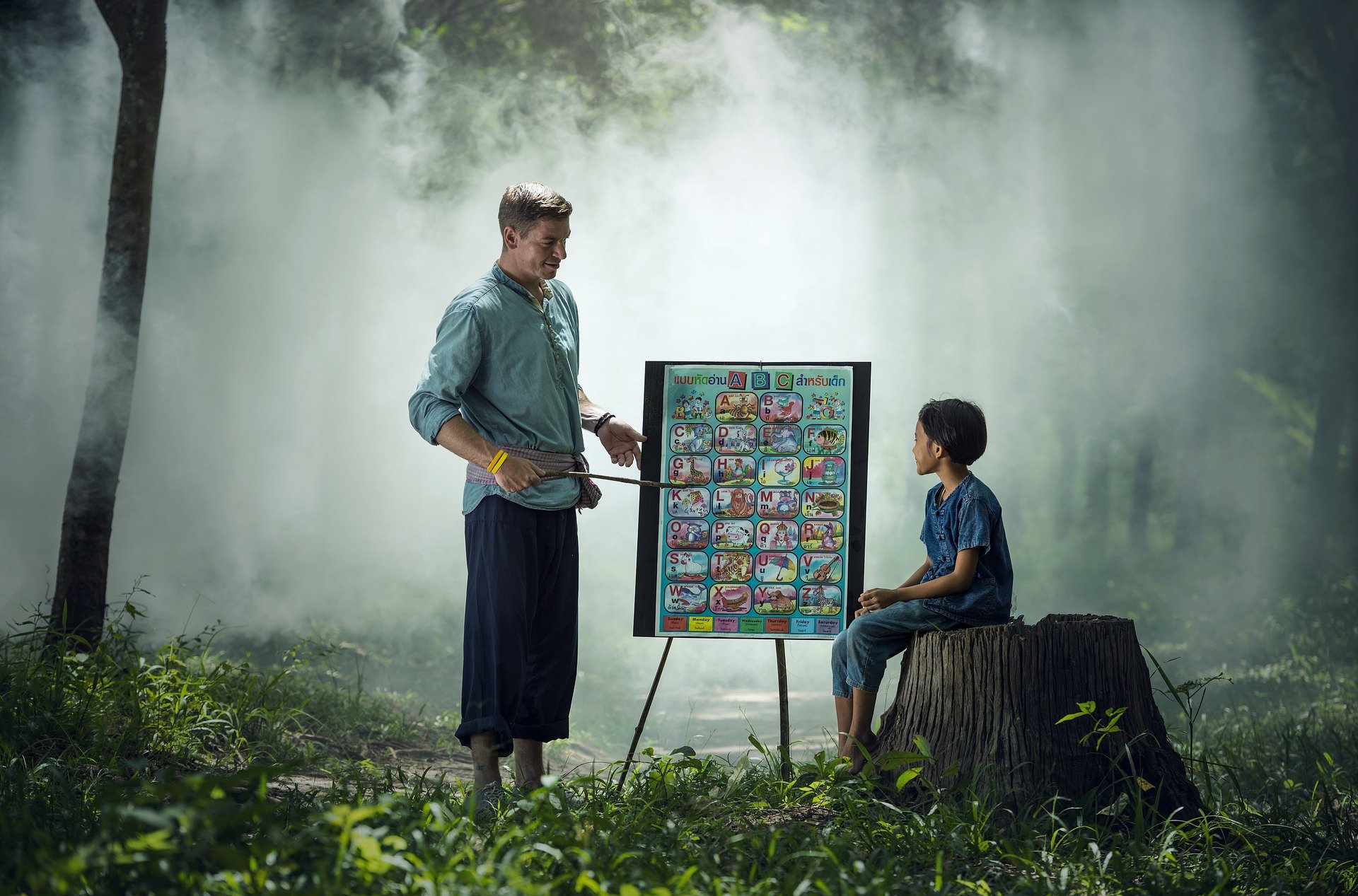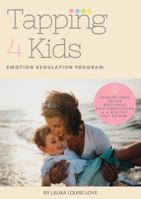“The power of that one strong adult relationship is a key ingredient in resilience.” – National Scientific Council on the Developing Child.
Did you know that research by Dr George Sugai shows that the teaching of relational skills are as important, if not more important than teaching academic subjects? Knowing how to get along with people, as well as social and emotional skills are things our students need to be taught at school to assist them to be successful in their lives. The truth is, relationships with others especially at school are important as we are hardwired relational creatures. As Teacher Assistants you can have a profound impact on the students you teach and can be a catalyst for connection in our schools. The brains of our students also respond positively when we make time to attend to emotional concerns and foster connections with them.
Good rapport with our students can be incredibly powerful at even helping them to calm when they are in a crisis or having a meltdown, especially if we ourselves are able to stay calm. This is what Psychologists call “relational or co-regulation”. Studies show that the better our students are engaged with or connected to their schools, the better their lifetime outcomes. Think back to when you were in school, who were the teachers you really liked and what were the subjects you enjoyed? Often our most memorable times are when we felt validated, acknowledged and felt like we mattered. It is often helpful to use frameworks within our professional boundaries to guide us in maintaining positive connections with our students.
Dr Dan Hughes has developed a method called ‘PACE’, an acronym to facilitate great connections with your students.
- P-layfulness; Remember that it’s great for our students to experience us in a professional but light and joyful way.
- A-cceptance; When students come to us with emotional concerns, it’s important to validate their feelings first rather than trying to ‘fix’ them straight away. You can gently begin to challenge these once the student really feels understood.
- C-uriosity; Check in with your students – do you have the right picture? Engaging our students with curiosity rather than judging them, often means they are far more likely to express what is happening for them and help us to better understand them. It’s always best to have these conversations when a student is calm and relaxed, as those are the teachable moments!
- E-mpathy; This is vital to establishing connections with others, as it literally involves us recognising feelings and understanding them without judgment. This better enables us to help our students to process their emotional concerns.
There are powerful learning opportunities every day at school to build relational skills in our students if we are aware of and value them.





Leave a Reply